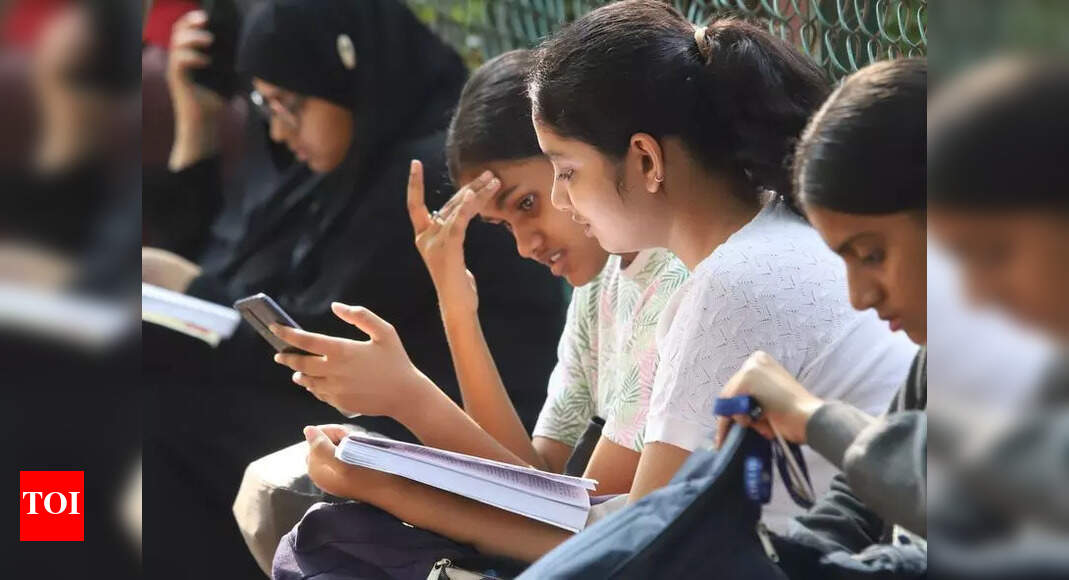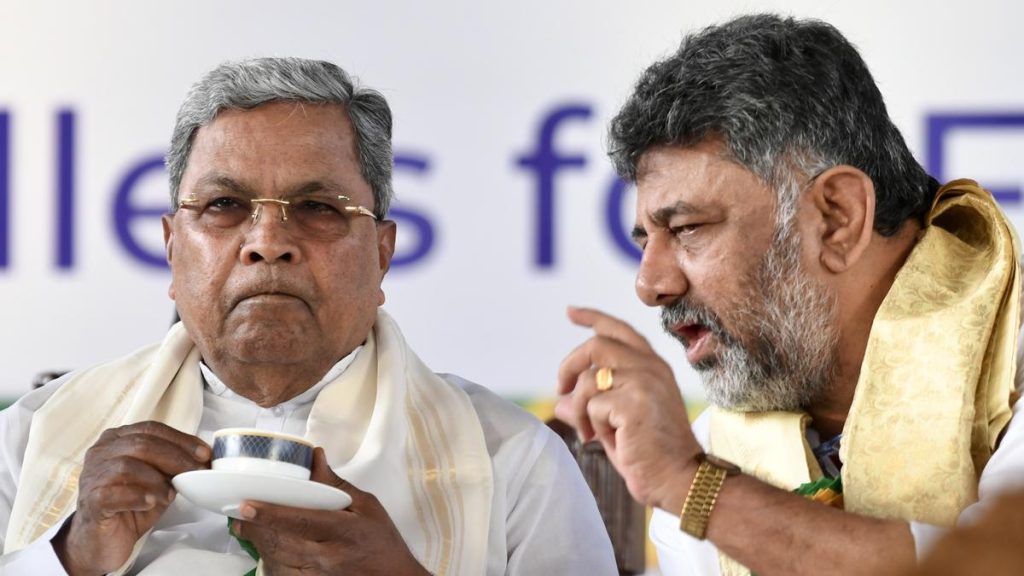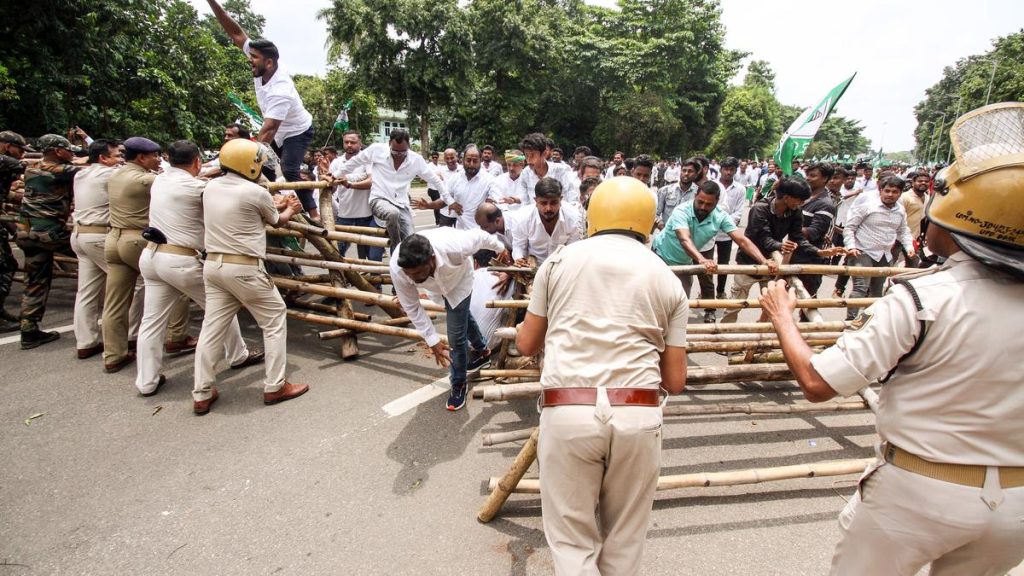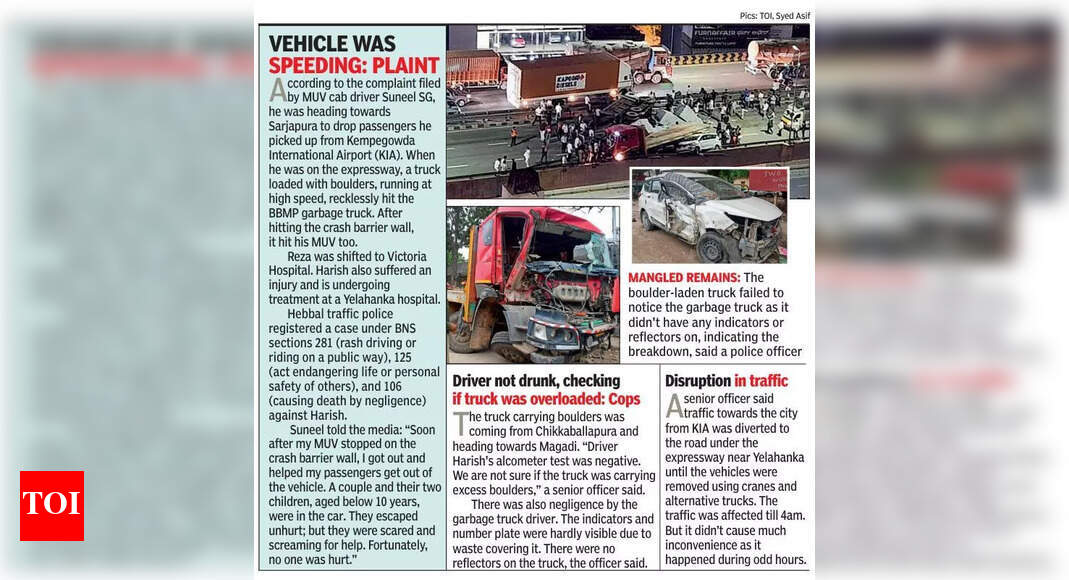Now Reading: Karnataka Lowers CET Eligibility as Pass Percentages Drop
-
01
Karnataka Lowers CET Eligibility as Pass Percentages Drop
Karnataka Lowers CET Eligibility as Pass Percentages Drop

Quick Summary
- Drop in CET Eligibility: The number of students eligible for admission to courses through the Common Entrance Test (CET) in Karnataka has decreased compared to last year due to a lower pass percentage among II pre-university (PU) science students.
– Eligible candidates for engineering courses fell from over 2.7 lakh last year to 2,62,195 this year.
– BNYS eligibility dropped from nearly 2.2 lakh to under 2 lakh.
– BSc Agriculture eligibility decreased by over 20,000, down to about 1.9 lakh students.
- II PU Pass Statistics: In science streams, the number of II PU pass-outs dropped from last year’s figure of approximately 2,46,744 to this year’s count of around 2,31,461-a difference of nearly 9,000 students.
- Seat Blocking scam Inquiry: Minister MC Sudhakar stated he is reviewing the chargesheet related to CET seat-blocking scams and might seek legal advice if findings prove unsatisfactory. Accused brokers reportedly used student credentials without their knowledge but claimed colleges weren’t involved.
- Sacred Thread Issue: A student who wasn’t allowed to wear his sacred thread (Janivara) for a maths paper during CET received an average-based rank (around the position of rank #206k), having achieved ~57% marks in his II PU exam.
- Errors in Results Processing: Candidates whose results were withheld due to incorrect registration numbers can upload their updated details online starting May 26.Spot ranks will be issued after verification by May 29.
- Helpline Expansion: Karnataka Examinations authority’s helpline count has increased from five lines last year to ten; operational hours are set between 8 AM and 8 PM daily.
Indian Opinion Analysis
The decline in CET eligibility figures raises concerns about academic preparedness at the pre-university level and how it affects access to higher education opportunities such as engineering or medical sciences. While a drop in pass rates signals challenges faced by educational institutions or policy effectiveness at foundational stages like II PU exams, it could also lead colleges into tighter competition over fewer qualified candidates this admission cycle.
The ongoing scrutiny regarding seat-blocking scams reflects larger systemic vulnerabilities within admission procedures-a matter demanding robust regulatory measures and vigilant oversight moving forward. Additionally notable is the Janivara controversy surrounding religious practices accommodated within examination contexts; this suggests deeper dialogues about balancing individual rights with institutional policies across diverse student demographics.
Lastly, errors delaying result processing emphasize administrative bottlenecks that may require technological upgrades or procedural streamlining within KEA frameworks-critical improvements given rising applicant volumes annually for CET exams across Karnataka’s competitive academic ecosystem.

























